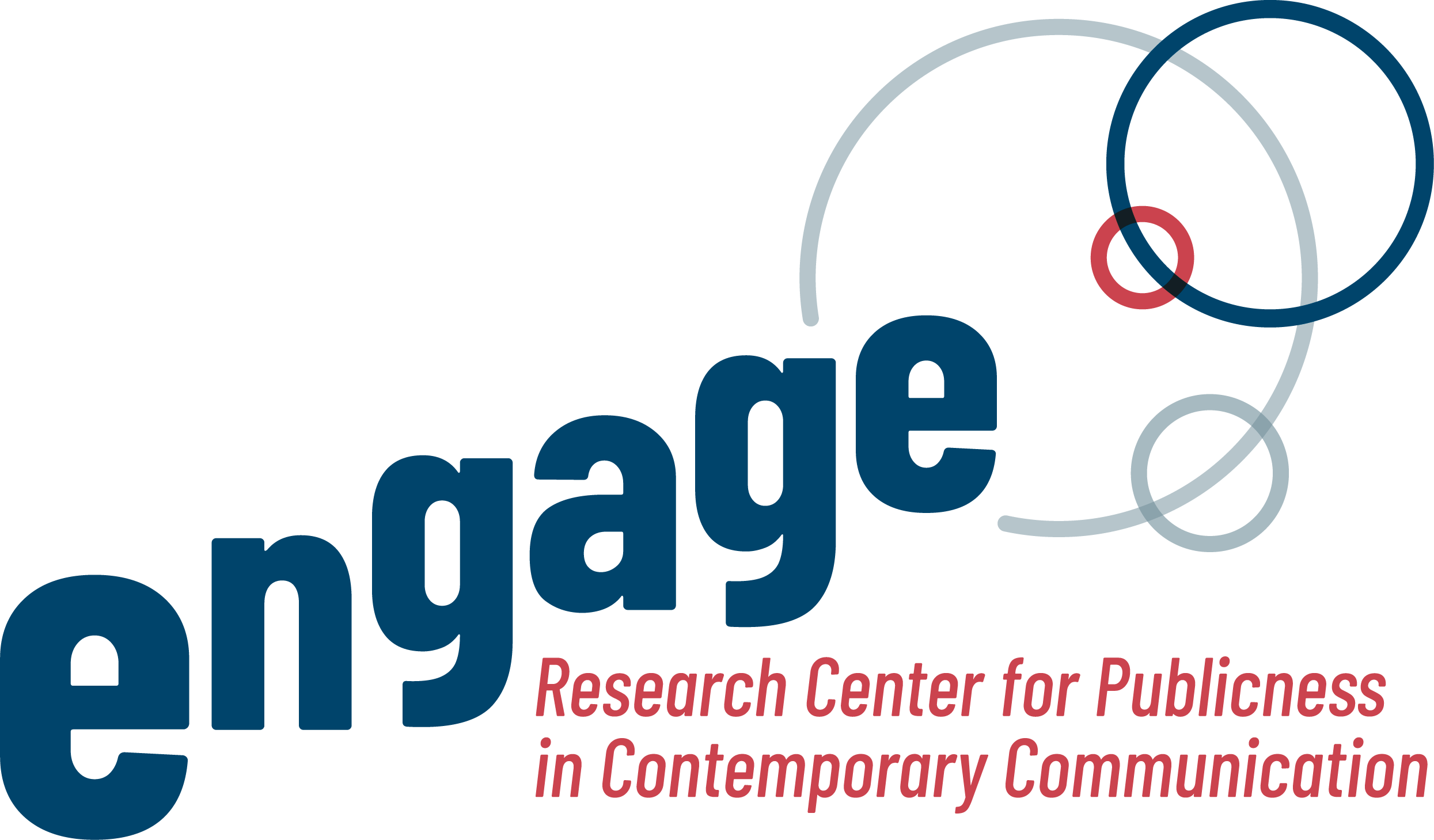Promoters
Chair : Min Reuchamp
Core group : Marie Dufrasne (Engage), Raphaël Kies, Yanina Welp, Paul Blokker, Sergiu Gherghina
Time span of the project
2018 – 2022
Keywords
deliberative democracy, constitutional change, citizenry, communication, technologies, empirical research, innovative approaches
Funding
COST – European Cooperation in Science & Technology
Description
In Europe and across the world, several countries are turning to deliberative democracy to reform their constitutions, and in many others this question is high on the political agenda. Such transformation also shuffles quite radically the role of the citizenry regarding constitutional changes. Traditionally such changes are the sole responsibility of elected officials, in collaboration with experts. With the deliberative turn, many more actors may be involved in the designing of constitutions : citizens both individually and collectively in the forms of informal associations, social movements, civil society organisations, participatory consultants and research teams. The Main Aim of the Action is to bring together all these actors – who are usually not in contact – to discuss and reflect on this democratic challenge, not only in terms of normative ideals but also and above all on the empirical challenges raised by this complex and multi-faceted democratic transformation.
WG3 (led by Marie Dufrasne) « e-Constitutional deliberative democracy »
At the heart of the existing cases of constitutional deliberative reforms is a representative sample of citizens (called a mini-public) which is invited to have several enlightened discussions on constitutional reforms and to elaborate proposals on which political representatives and, sometimes, public at large are asked to vote. New technologies are generally used to reinforce the legitimacy of the process by linking the mini-public with the maxi-public (that is the entire population) at the different stages of the deliberative consultations. At the level of the input, they can be used to inform the general public about the ongoing process, to give public the opportunity to express their opinions on the reforms to be discussed (agenda setting) and to discuss and elaborate proposals on concrete reforms. At the level of the discussion process of the mini-public, they can be used to select the issues, to inform and interact in real time with the general public, and to reach a majority decision on the reforms. Finally at the level of the output, communications technologies can be used to inform in a didactic and engaging manner about the constitutional reforms on which the political representative, and possibly the entire population will have to vote.
The objective of this WG is to map and analyse the possible uses of communication technologies for promoting a more inclusive, deliberative, and legitimate participative constitutional process. This WG will also analyses the possibilities of new types of actors and processes that would not have been possible without the electronic tools (for example, mini publics that may include several thousand members in widely dispersed locations). Main milestones:
- reviewing relevant initiatives, mapping different usages of the communication technologies in constitutional processes, allocation of tasks (year 1);
- new empirical research and innovative approaches to e-deliberative democracy (year 2);
- developing new e-tools as a result of the insights of the first two years (year 3).
Scientific communications
Dufrasne, Marie ; Felicetti, Andrea ; Pilet, Jean-Benoît ; Reuchamp, Min. Constitution-making and deliberative democracy. What’s going on in Belgium?. COST Action Constitution-Making and deliberative democracy, Management Committee Meeting (Glasgow, du 24/10/2019 au 25/11/2019). http://hdl.handle.net/2078.3/223028
Kies, Raphaël ; Ostling, Alina ; Kersting, Norbert ; Valtenberg, Visvaldis ; Dufrasne, Marie. Do ICTs improve quality of constitutional reform?.ECPR General Conference (Wroclaw, du 04/09/2019 au 07/09/2019). http://hdl.handle.net/2078.3/223022
Societal valorization
Dufrasne Marie, contribution to the news article by Mathias Verbergt, « Regering gaat in zee met adepten burgerparticipatie », De Standaard, 9/08/2021.
Dufrasne Marie, interview for the news article Sophie Mignolet « Jamais trop jeune pour participer à la démocratie », Le Soir, 7/10/2021.
Marie Dufrasne contributes to the administration of the Facebook page of the COST Action “Constitution-making & deliberative democracy” and of the working group she co-chairs.
Andrea Felicetti, Julien Vrydagh and Marie Dufrasne wrote the country report for Belgium in the framework of the COSTAction project 046/18 CA17135 “Constitution-making and deliberative democracy” (Andrea Felicetti and Marie Dufrasne represent Belgium). They also produced a poster for Belgium.
